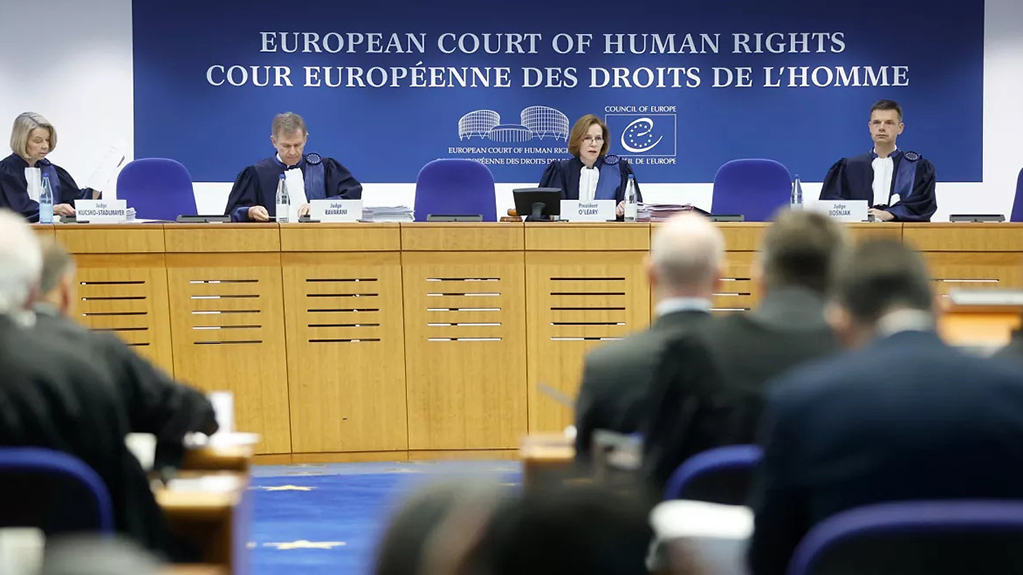On behalf of 120 civil society organizations, 16 media organizations, and 4 individuals, an appeal against the Russian law on so-called "foreign agents" will be submitted to the European Court of Human Rights. Nona Kurdovanidze, chairperson of the Georgia's Association of Young Lawyers (GYLA), announced this during a briefing held today.
News
"The legal battle against the Russian Law continues in the Strasbourg court; we are entering a new stage of the fight. Today, October 17, we are appealing the Russian Law and the serious consequences it has caused to the European Court of Human Rights," said Kurdovanidze.
The applicants are protected under the European Convention on Human Rights regarding the right to freedom of assembly and association (Article 11), freedom of expression (Article 10), the right to protection of private and family life (Article 8), and protection against discrimination (Article 14). Also, violations of the right to effective means of legal protection (Article 13) and the scope of rights with limitations (Article 18) are alleged.
"The Russian Law is not only aimed at restricting civil society and the media, but it also serves to isolate all citizens from one another and suppress critical voices. The applicant organizations address public issues such as environmental protection, assistance to persons with disabilities, protection of women and children from violence, court reform, the fight against corruption, and investigative journalism.
Fighting independent organizations using Russian methods not only violates fundamental human rights but also undermines the steadfast choice of the Georgian people regarding integration into Euro-Atlantic structures. Despite the Constitutional Court's failure to fulfill its duty, our struggle against the Russian Law continues and will surely end successfully. This law will definitely be repealed," said the Chairman of GYLA.
Before the complaint was submitted to Strasbourg, four constitutional lawsuits against the Russian Law were filed in the Constitutional Court of Georgia. The President of Georgia, 38 members of Parliament, 122 non-governmental and media organizations, as well as Georgian News and Studio Monitori, demanded the suspension of the law until a final decision was reached. The plenum of the Constitutional Court, by a vote of 6 to 2, found that the Russian Law does not pose an immediate threat to the media and non-governmental organizations. Accordingly, it refused to suspend the validity of the contested norms and partially accepted the lawsuits for review.
Judges Merab Turava, Manana Kobakhidze, Eva Gotsiridze, Giorgi Tevdorashvili, Vasil Roinishvili, and Khvicha Kikalishvili did not support the suspension of the Russian Law. Giorgi Kverenchkhiladze and Teimuraz Tughushi held a different opinion. They believe that "the operation of the controversial norms of the law, which mandate the registration of the names and status of (media) organizations as organizations carrying the interests of a foreign power in the register under the appealed law, as well as access to information protected in (media) organizations and the publication of information containing personal data," should be suspended.















